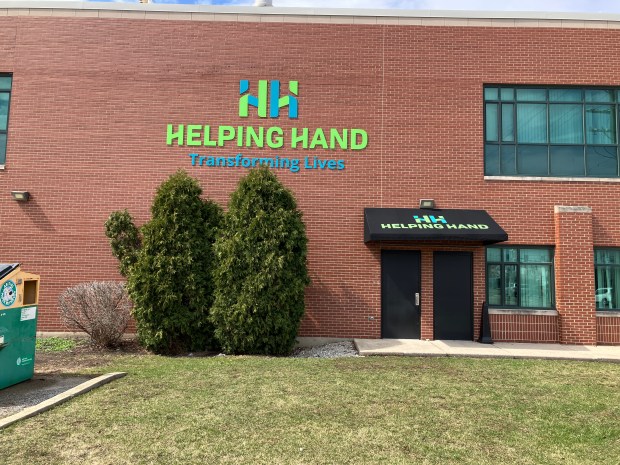There’s no stopping the advance of time, but one does have choices when dealing with the effects of getting older.
Now, a new La Grange area nonprofit, OptWell, is on hand to help educate people with approaches to healthy aging.
The group will host a free presentation and resource fair called Healthy Aging, focusing on educating people of all ages with techniques and strategies for an active, healthy lifestyle as they grow older.
“All of our events are social,” Kris Lonsway, founder of OptWell, said. “So we have a resource fair component.”
The Healthy Aging fair will be from 5:30 to 8 p.m. April 10 at Helping Hand, 9649 W. 55th St., Countryside.
Among the presentations offered are sessions on Alzheimer’s and dementia, the positive impact of movement on brain health, community-based services, financial preparedness for the unexpected and building resilience with lifestyle habits and family strategies.
Over 20 organizations will be on hand, including the Alzheimer’s Association, Aging Care Connections, Edward Jones, Helping Hand, Just Lift Fitness, and several other home health care and senior living organizations.
Area restaurants are also pitching with tasty treats.
“We have so many local, amazing restaurants that are donating so many healthy appetizers and healthy salads for this event,” Lonsway said. “So the food for this event will be incredible.”
Participating La Grange area establishments include Prasino, Mana, Blackberry Market, fourteensixteen, Hillgrove Tap and Rafferty’s.
The Healthy Aging fair is free, although people have to register at optwell-healthyaging.eventbrite.com.
It’s not just for older people, Lonsway said. The objective is to help people understand what they need to do today that will help support their health and wellness for the rest of their lives.
Lonsway talked about the five healthy habits that OptWell wanted seniors to incorporate into their daily lives.
“Those five are to eat well, get moving, mental wellness, quality sleep, and being social,” she said. “They’re pretty self-explanatory. With sleep, there’s so much research saying we need 7 to 8 hours a night.”
Lonsway, 55, is a competitive tennis player, but suffers from sleep apnea and is very open about it.
“I’m trying to help people reduce stigma about things that get in the way of them being healthy,” she said. “If people are embarrassed to go get a sleep study, or if they’re hesitant to wear a CPAP (apnea sleep mask) or if they’re hesitant about mental wellness … we’re doing this together as a community to reduce stigma.”
Lonsway is an organizational psychologist specializing in motivational speaking and executive coaching, who after grad school at the University of Illinois had a career consulting global organizations.
Her life took a turn when one of her sons was diagnosed as being on the autism spectrum and her other son was showing signs of developmental delay, and her mother was diagnosed with Alzheimer’s disease. She began to intently study autism and Alzheimer’s to care for her sons and help manage her mother’s care.
Lonsway’s experiences are shared with fitness instructor Halle McCormick, whose mother also died of Alzheimer’s. McCormick is on OptWell’s advisory committee and will be speaking at Healthy Aging.
“Movement has always been very important to me and instrumental in my life,” she said. “And I’m trying to be instrumental in the lives of many others, and to understand the power of movement for not only physical health but mental health as well.”
With other members of her family suffering from Alzheimer’s, McCormick, like Lonsway, immersed herself in anything she could learn on the subject.
“I became an Alzheimer’s fitness specialist,” she said. “I wanted to take my love of movement, my love of fitness and fitness education to create a specialty.”
McCormick’s goal is to make people understand lifestyle habits that people can use to “prevent, push off, or possibly reverse Alzheimer’s.”
Her talk April 10 will include her family history, and the class she developed, called Brain Body Fitness.
“Essentially what I do is incorporate movement patterns with a brain challenge at the same time and that really enhances blood flow to the brain,” McCormick said. “A lot of research shows that if you do a movement or exercise with a brain challenge, it essentially improves brain health.”
McCormick stressed that there is hope for people whose families have a history of Alzheimer’s or dementia.
“Their genes don’t have to define their future,” she said.
Hank Beckman is a freelance reporter for Pioneer Press.



